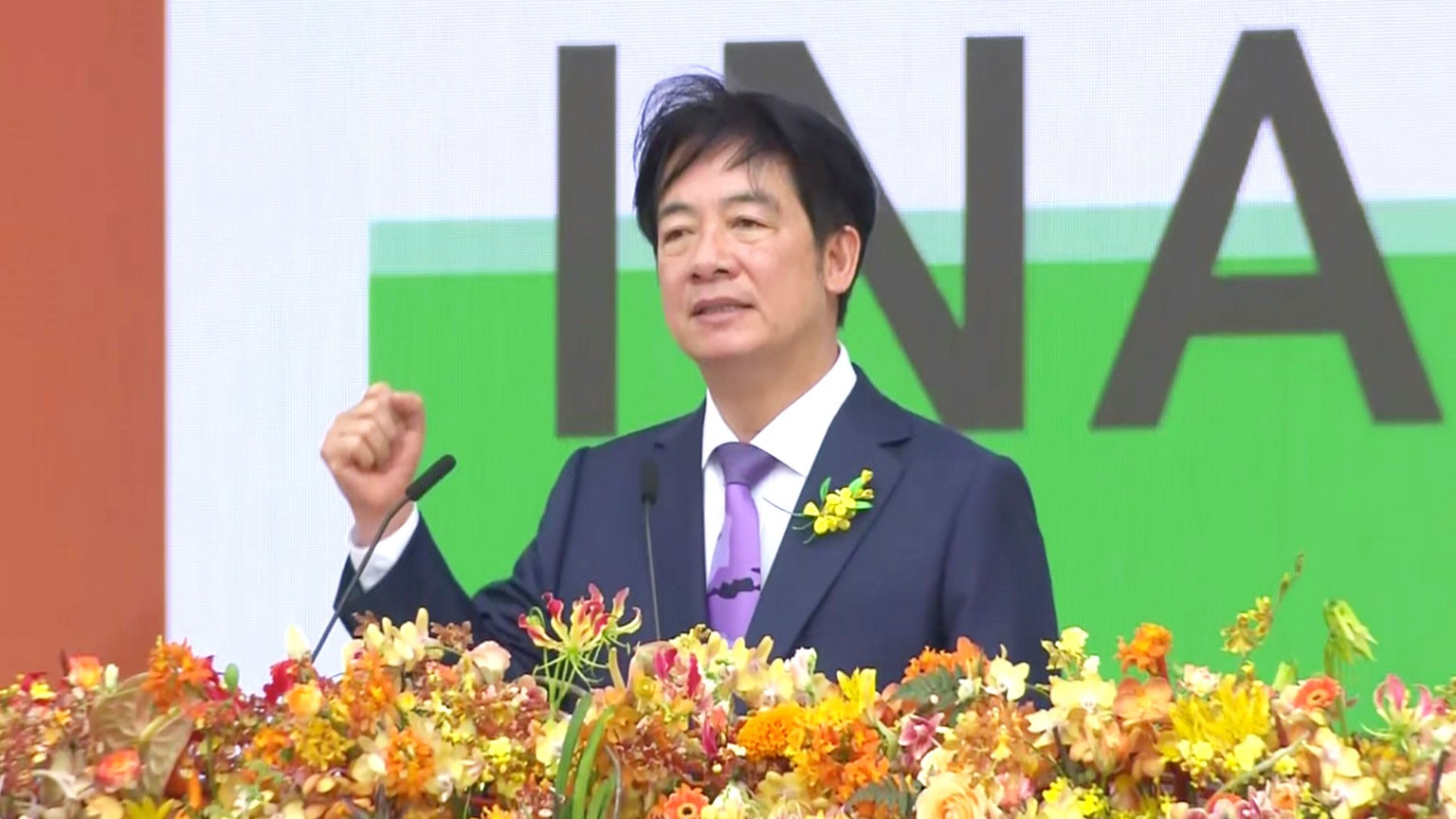Lai, from the Democratic Progressive Party, was sworn in at the presidential office in Taipei and gave a speech that was intently scrutinized for clues about Taiwan’s future relationship with China.
"Our government will ... neither yield nor provoke, and will maintain the status quo," he said.
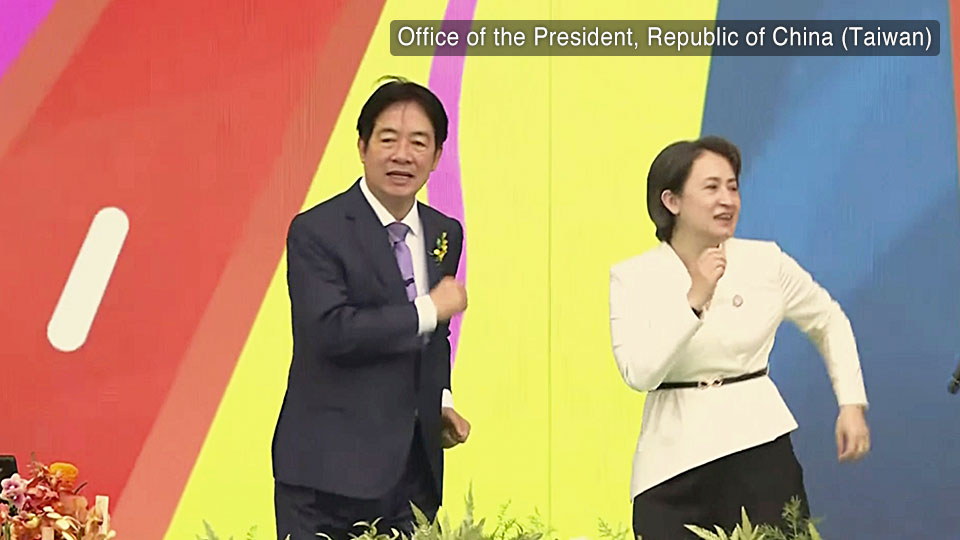
He added that he hoped China will "respect the choices of the people of Taiwan, and in good faith, choose dialogue over confrontation, exchange over containment, and under the principles of parity and dignity, engage in cooperation with the legal government chosen by Taiwan's people."
But Lai also rejected Beijing's claim that Taiwan is part of China, vowing to strengthen defense.
"In face of the many threats and attempts of infiltration from China, we must demonstrate our resolution to defend our nation," he added.
Lai also touched on semiconductors, which he termed "indispensable." Taiwan is a major producer of chips, especially advanced ones.
"Taiwan has already mastered advanced semiconductor manufacturing," he said.
"We are a key player in supply chains for global democracies. For these reasons, Taiwan has an influence on global economic development, as well as humanity's well-being and prosperity."
Overseas Reactions
Japan's Chief Cabinet Secretary Hayashi Yoshimasa said on Monday that Taiwan is a very important partner and friend. In addition, Taiwan and Japan share fundamental values and have close economic ties. There is also constant movement of people between them.
US Secretary of State Antony Blinken issued a statement congratulating Lai, saying that Washington looks forward to working with him to "maintain peace and stability across the Taiwan Strait."
Chinese foreign ministry spokesperson Wang Wenbin has repeatedly labelled Lai a separatist. He said the independence of Taiwan leads nowhere, adding that attempts toward that end under any pretext or banner are doomed to fail.
Expert: Ball in China's court
The new president has made a clear appeal for dialogue with Beijing, said Su Tzu-yun, director at the Institute for National Defense and Security Research, a Taiwan think tank.
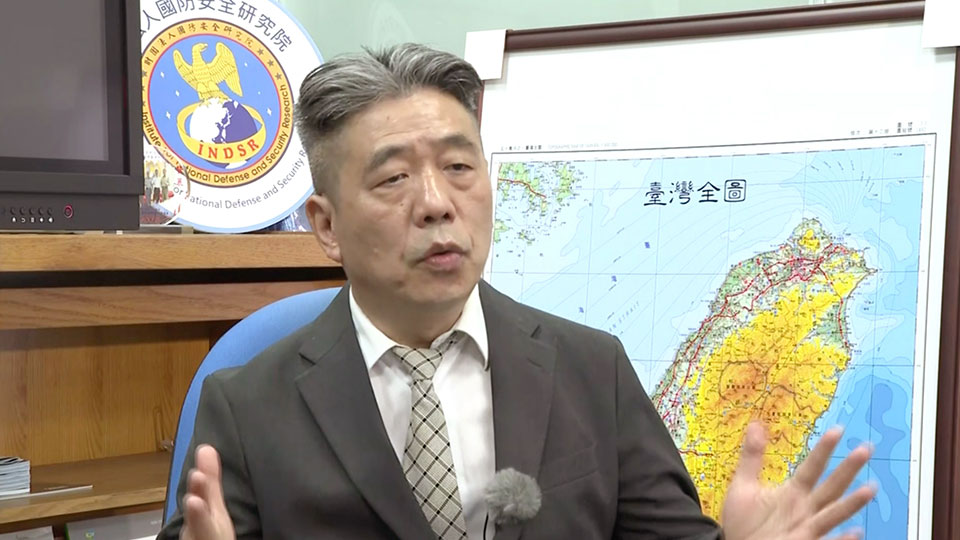
Lai has made a good pitch and is waiting to see if China will catch it, Su added.
He has also made it clear that Taiwan will be prepared if China continues to be aggressive, signaling that he will protect the security of the Taiwan Strait and the region, Su said.
Frontline territory
The island of Kinmen is about 200 kilometers away from the main island of Taiwan, just off the Chinese mainland.
By the shore is a structure that might have been used as a watchtower in the past, and the island is dotted with the scars of past battles with Chinese troops. Even today, this is frontline territory.
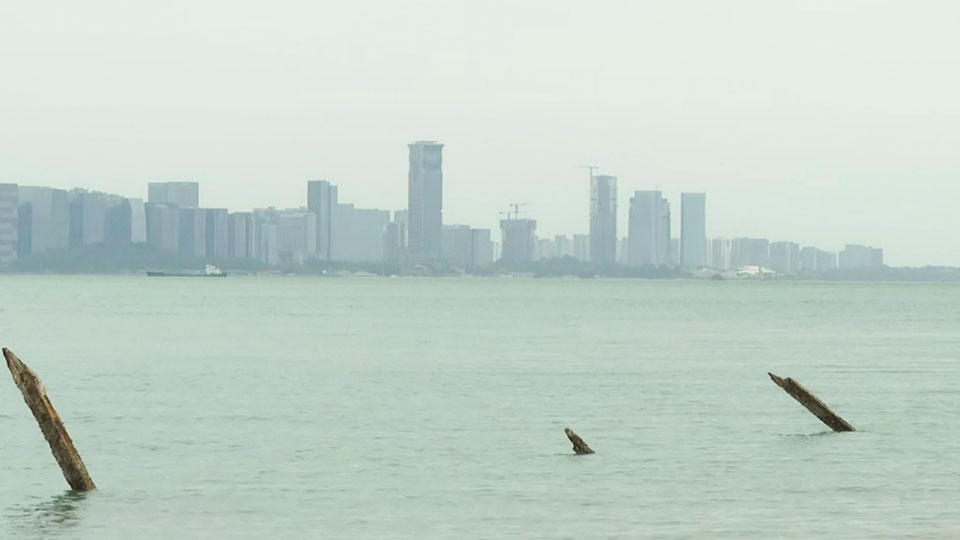
China appears to be increasing its pressure as Taiwan's new administration takes over. The frequency of Chinese vessels traversing nearby waters has increased this month.
From the island, a Taiwanese vessel can be seen on the sea, keeping watch for Chinese ships. Taiwanese authorities increased security ahead of Monday's inauguration.
The local fisheries association provides fishing vessels with the latest information on Chinese vessels and issues alerts via social media. It says in one notification that the situation is tense on both sides of the Taiwan Strait, and urges fishing vessels to notify the association at any time so it can protect their rights and profits.
NHK asked local people about the situation. One elderly man said that what happens will all depend on Taiwan's new administration. If they can talk with China, they should be able to get by without problems, he added.
Heightened sense of danger
On Taiwan's main island, too, there are moves to heighten a sense of danger about China.
A private group holds weekly drills simulating a potential attack by China. One recent exercise was attended by about 200 people, including university students.
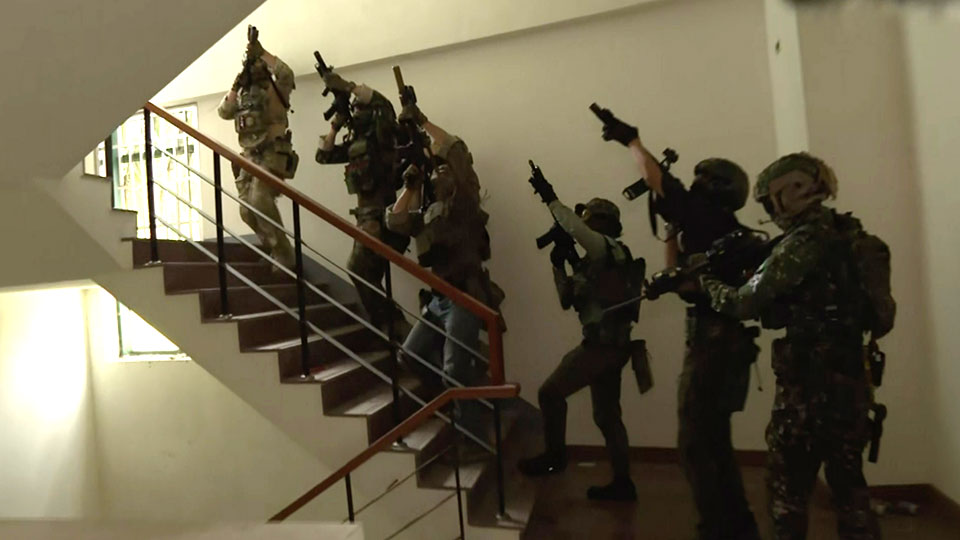
The organizer says the number of people taking part has increased by 20 to 30 percent over the past few years.
"We want to talk with the other side with weapons in our grasp, not empty-handed," he said. "If we're prepared, we should be able to deal with anything that comes our way."
Extended military service
China's growing military pressure prompted the Taiwanese authorities to extend the period of mandatory military service for men aged 18 or older from four months to one year, starting in January this year.
NHK asked young people at the National Taiwan Normal University what they think about this.
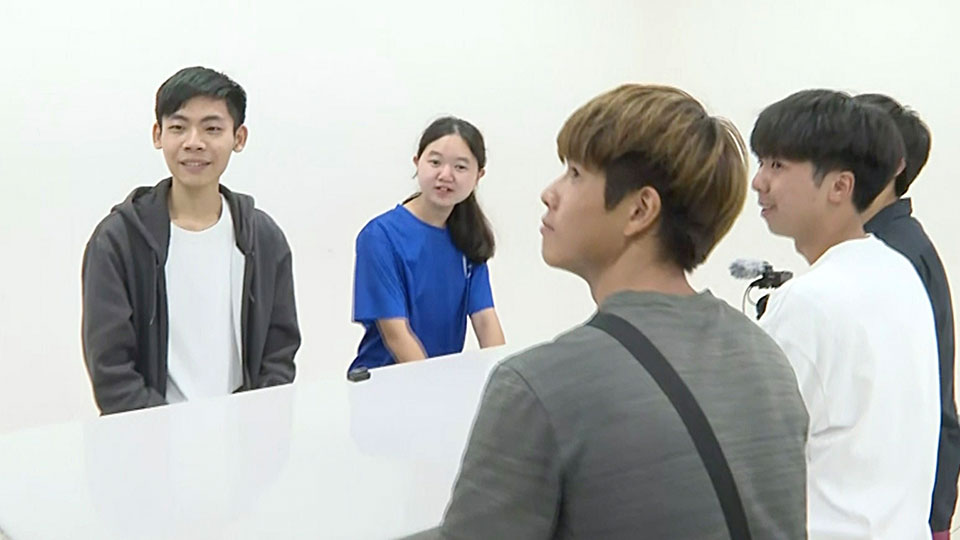
The extension applies to those born in or after 2005, so some of the first-year students will serve for four months, while others will serve for a full year.
NHK spoke with five students, whose views varied.
One said he was a little shocked when he learned he would be affected by the extension. Another said there is no need to extend the service period.
But a different student said he understood the extension, since four months is too short for proper training to be a soldier. He is fine with having to do a year, but wants the content of military education to be improved so the time would be more meaningful.
NHK also asked about their expectations for the new administration's policy towards China.
One student said she hopes the new administration will maintain the status quo and refrain from arousing China to ensure the situation does not get worse. Another said news about the war in Ukraine and the conflict between Israel and Hamas worries him.
Asked how they expect politicians to prevent conflicts from breaking out, one student said Taiwan must build good relations with as many countries as possible — and that would help reduce the chances of China invading Taiwan.
He added that he wants Taiwan to interact with more nations, to find opportunities for cooperation and strengthening ties with them.
